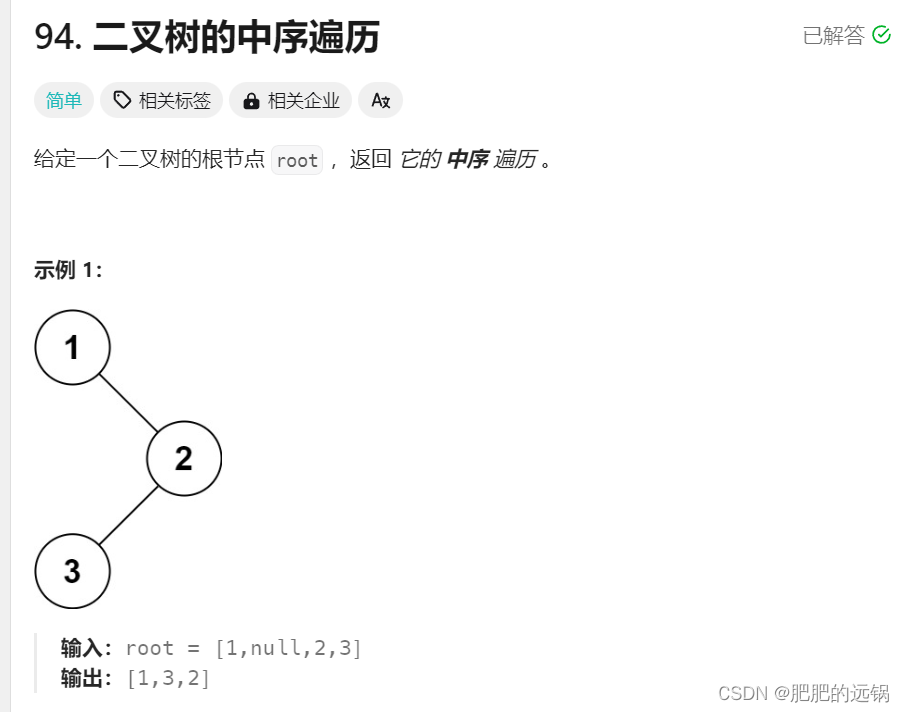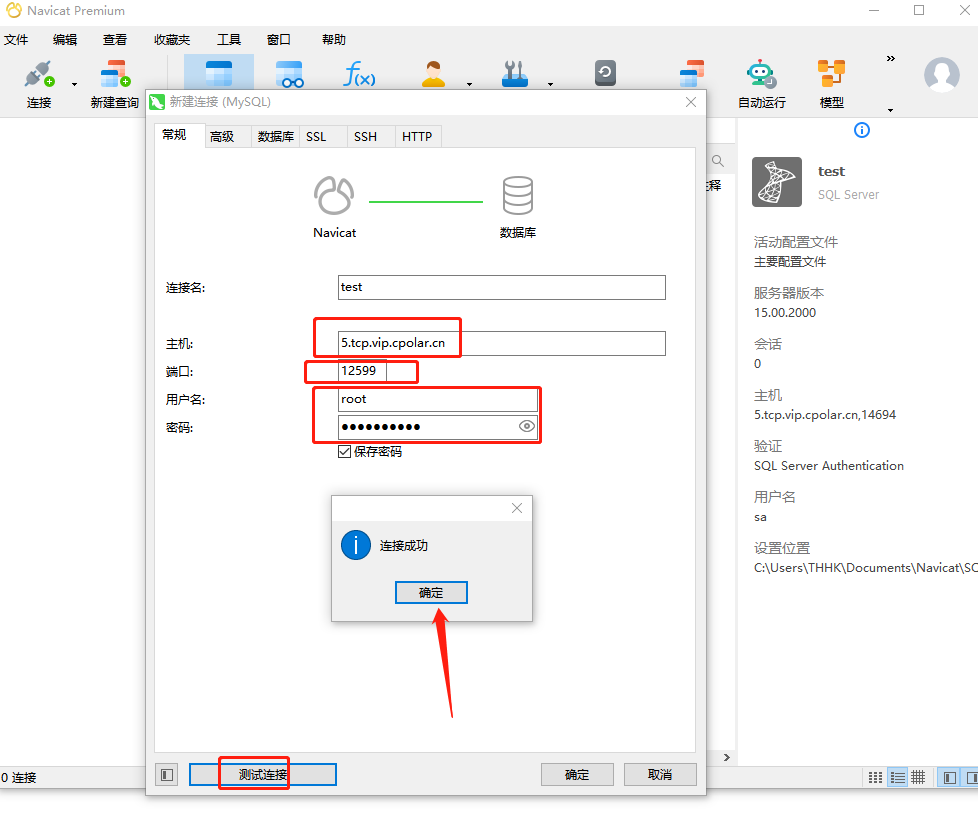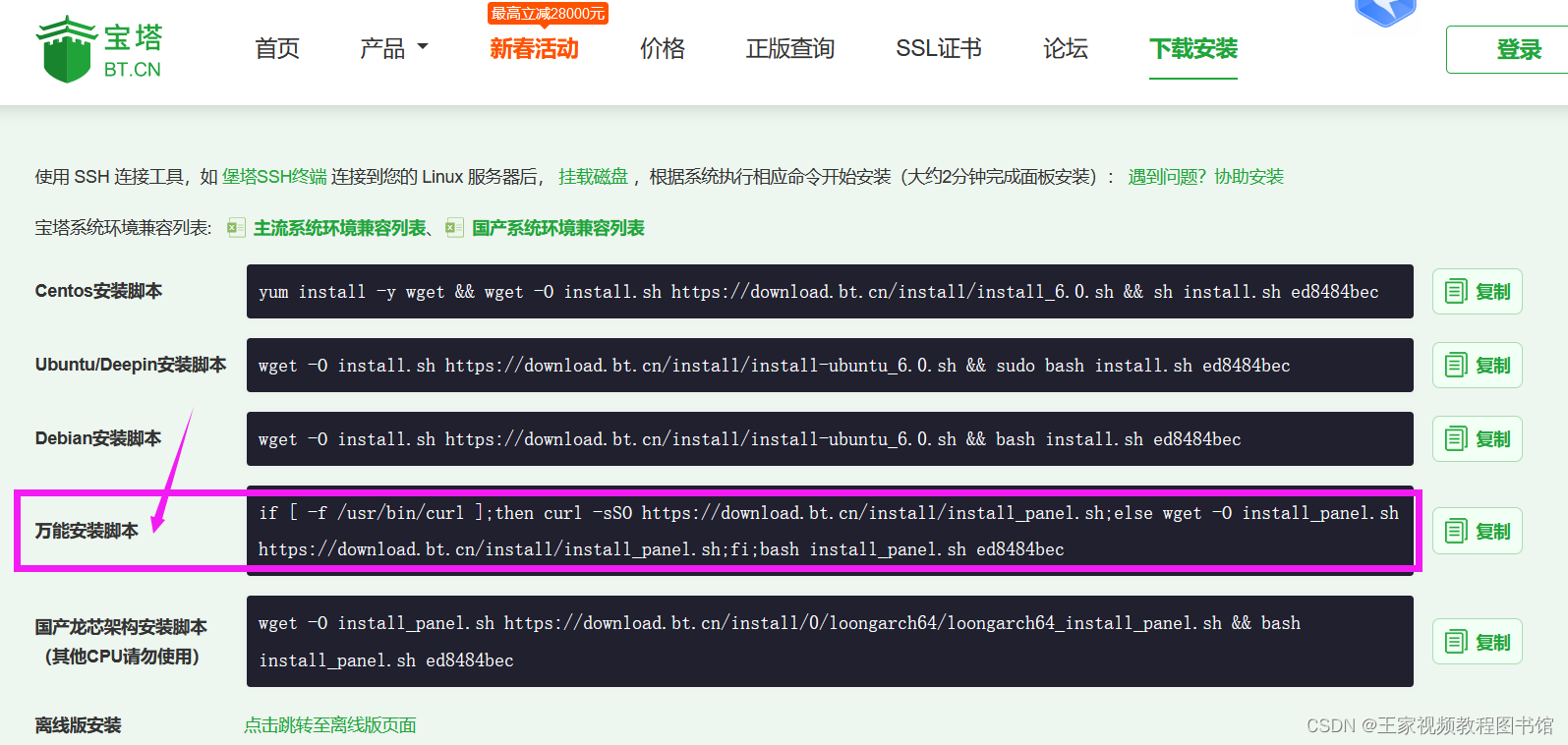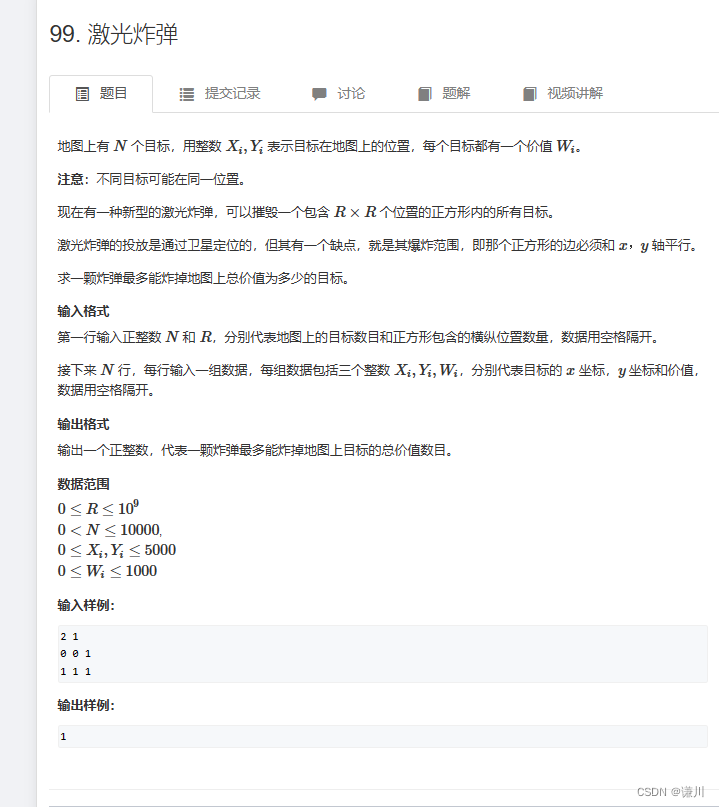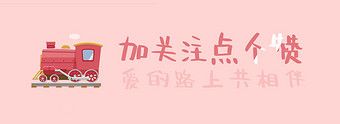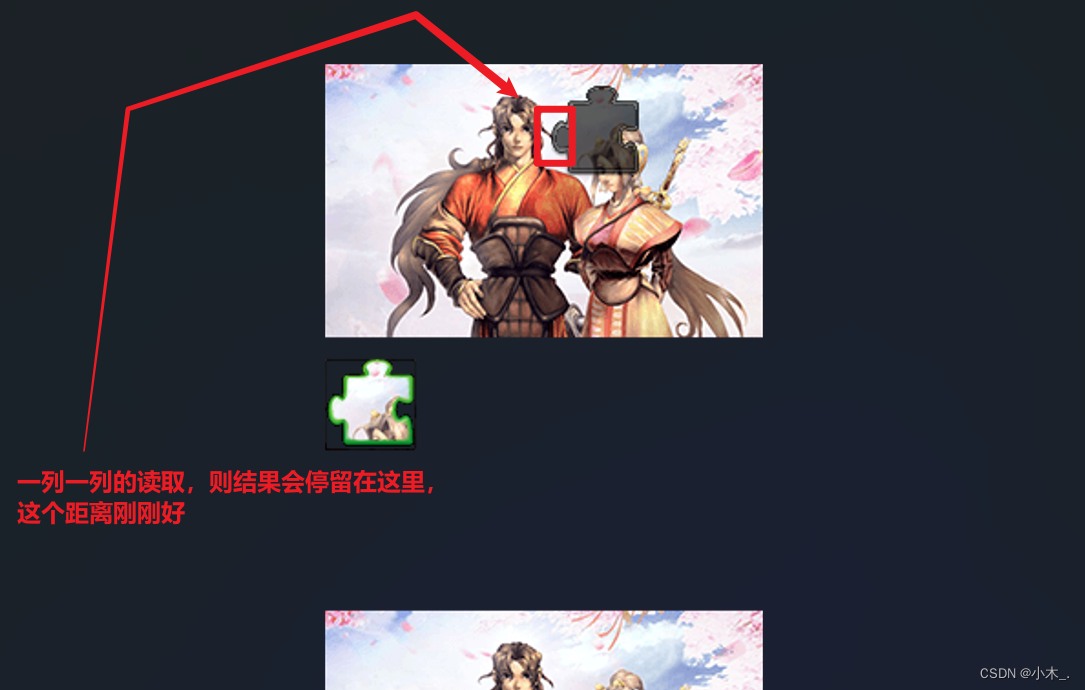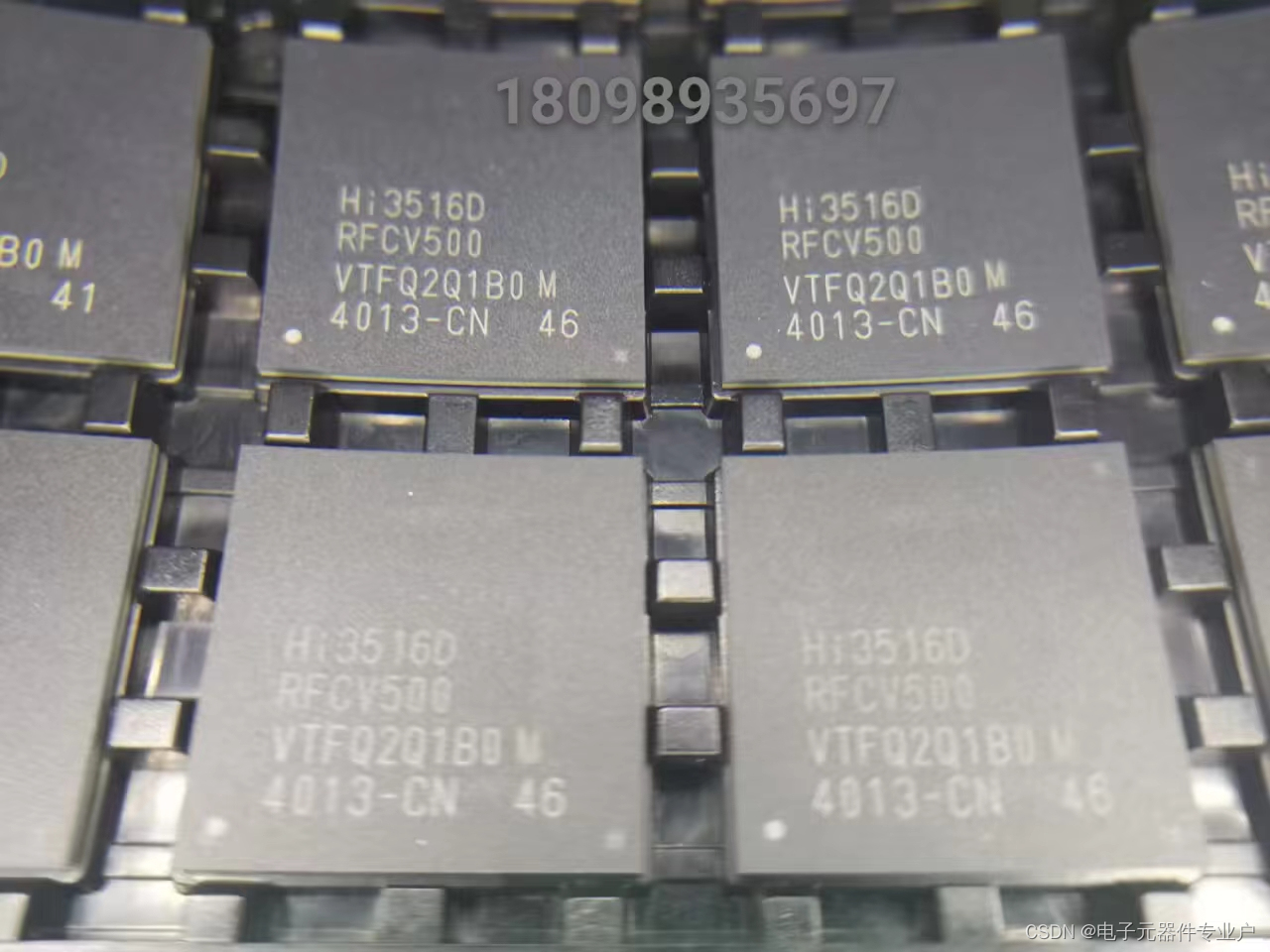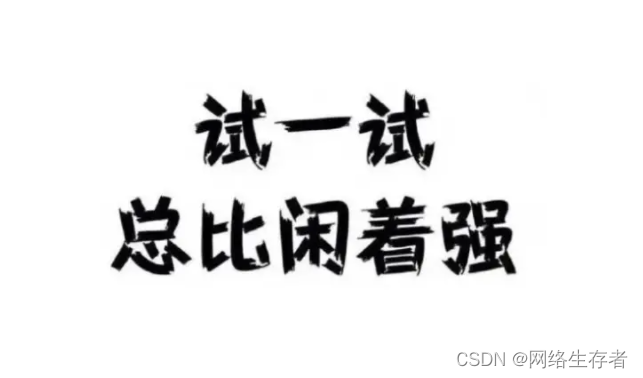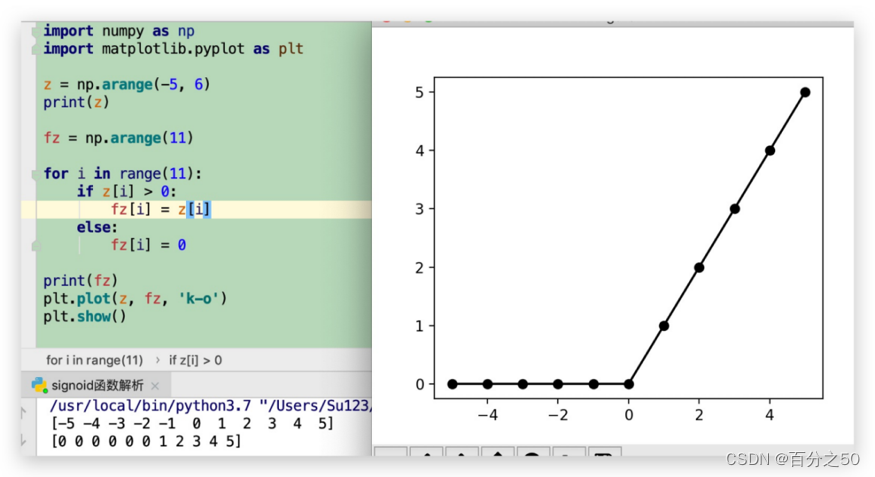前言:本节博客分享了用栈实现队列效果的思路以及代码,有需要借鉴即可。
1.题目及链接
LINK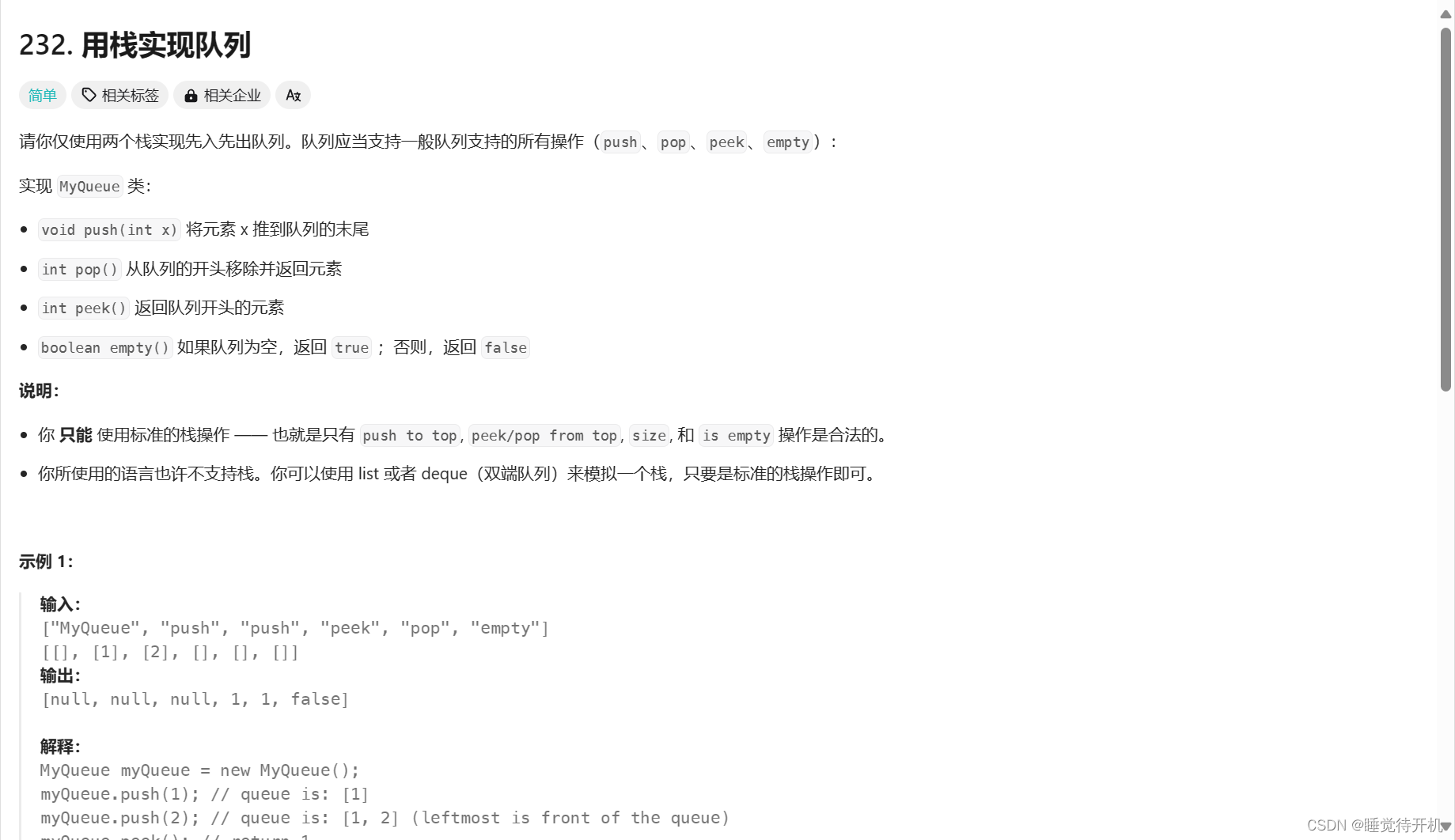
2.思路分析
如果要用栈实现队列,我们直到栈是先入后出的一个效果,所以我们可以用两个栈,这样逆转两次数不就是入栈之前数组的顺序嘛。下面是一些图辅助理解:
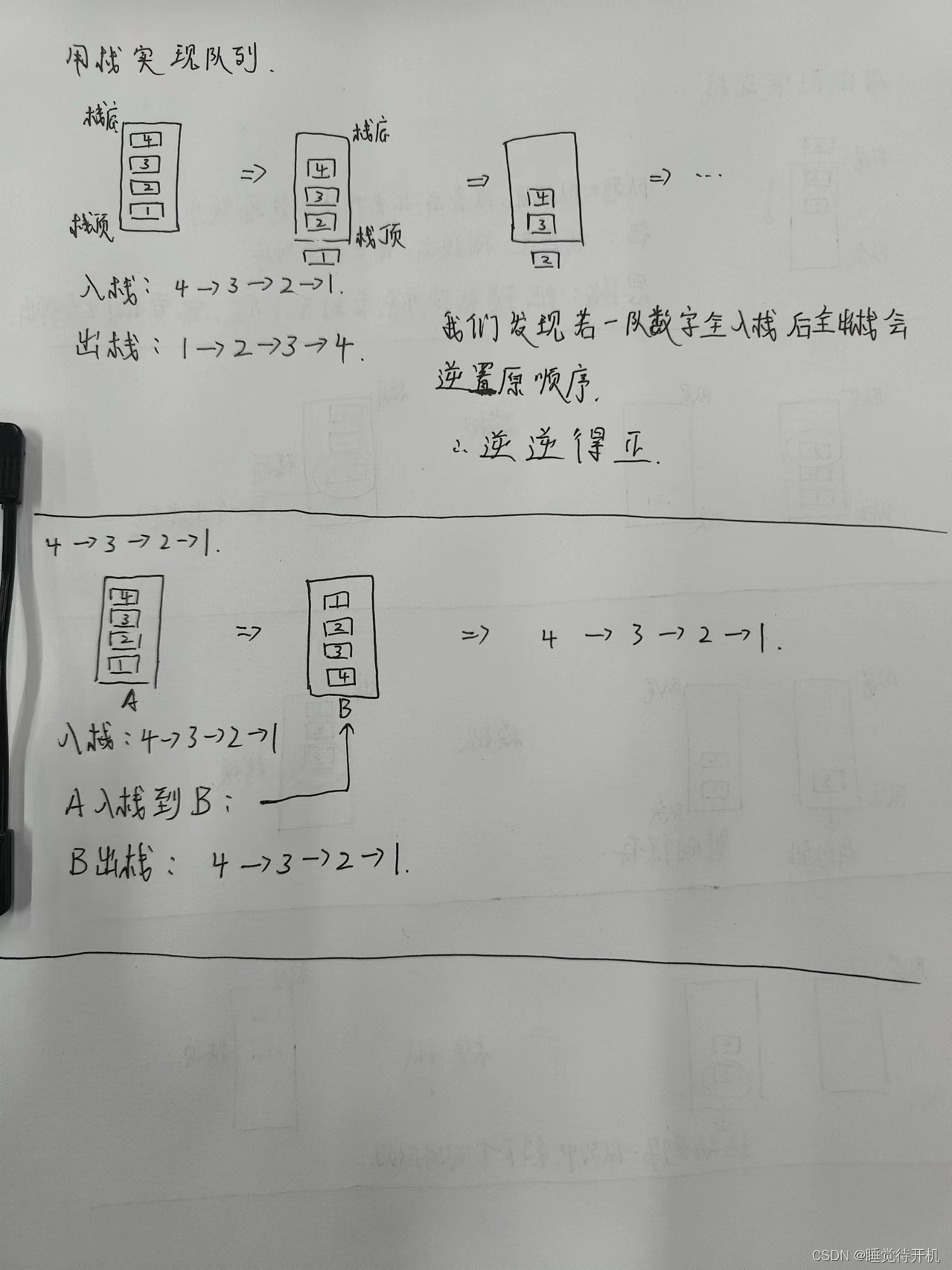
3.代码示例
#include<stdio.h>
#include<assert.h>
#include<stdlib.h>
#include<stdbool.h>
//用数组的方式实现栈结构
typedef int STDateType;
typedef struct Stack
{
STDateType* arr;
int top;
int capacity;
}ST;
//初始化与销毁
void StackInit(ST* ps);
void StackDestroy(ST* ps);
//入栈出栈
void StackPush(ST* ps,STDateType x);
STDateType StackTop(ST* ps);
void StackPop(ST* ps);
//统计与判断
bool StackEmpty(ST* ps);
int StackSize(ST* ps);
void StackInit(ST* ps)
{
assert(ps);
ps->arr = NULL;
ps->capacity = ps->top = 0;
}
void StackDestroy(ST* ps)
{
assert(ps);
free(ps->arr);
ps->arr = NULL;
ps->capacity = ps->top = 0;
ps = NULL;
}
void StackPush(ST* ps, STDateType x)
{
assert(ps);
if (ps->capacity == ps->top)
{
//初始值的情况
int newcapacity = ps->capacity == 0 ? 4 : 2 * ps->capacity;
STDateType* temp = (STDateType*)realloc(ps->arr, newcapacity * sizeof(STDateType));
if (temp == NULL)
{
perror("malloc fail!");
exit(-1);
}
ps->arr = temp;
ps->capacity = newcapacity;
}
ps->arr[ps->top++] = x;
}
void StackPop(ST* ps)
{
assert(ps);
assert(ps->top > 0);
ps->top--;
}
STDateType StackTop(ST* ps)
{
assert(ps);
return ps->arr[ps->top - 1];
}
bool StackEmpty(ST* ps)
{
assert(ps);
return ps->top == 0;
}
int StackSize(ST* ps)
{
assert(ps);
return ps->top;
}
typedef struct {
ST pushtack;
ST poptack;
} MyQueue;
MyQueue* myQueueCreate() {
//首先要创建一个队列结构体
MyQueue* obj = (MyQueue*)malloc(sizeof(MyQueue));
//对队列结构体中的栈做初始化调整
StackInit(&obj->pushtack);
StackInit(&obj->poptack);
//返回
return obj;
}
//将元素 x 推到队列的末尾
void myQueuePush(MyQueue* obj, int x) {
//插入数据
StackPush(&obj->pushtack,x);
}
//返回队列开头的元素
int myQueuePeek(MyQueue* obj) {
//分两种情况:1.poptack为空2.poptack不为空
if(StackEmpty(&obj->poptack))//为空需要导数据
{
while(!StackEmpty(&obj->pushtack))
{
int top = StackTop(&obj->pushtack);//取出push数据
StackPop(&obj->pushtack);//删除pop数据
StackPush(&obj->poptack,top);//放入push
}
}
//poptack不为空
return StackTop(&obj->poptack);
}
//从队列的开头移除并返回元素
int myQueuePop(MyQueue* obj) {
int front = myQueuePeek(obj);//取出
StackPop(&obj->poptack);//删除
return front;//返回
}
//如果队列为空,返回 true ;否则,返回 false
bool myQueueEmpty(MyQueue* obj) {//两个都为空
return StackEmpty(&obj->pushtack)&&StackEmpty(&obj->poptack);
}
//释放
void myQueueFree(MyQueue* obj) {
StackDestroy(&obj->pushtack);
StackDestroy(&obj->poptack);
free(obj);
}
/**
* Your MyQueue struct will be instantiated and called as such:
* MyQueue* obj = myQueueCreate();
* myQueuePush(obj, x);
* int param_2 = myQueuePop(obj);
* int param_3 = myQueuePeek(obj);
* bool param_4 = myQueueEmpty(obj);
* myQueueFree(obj);
*/
完。
